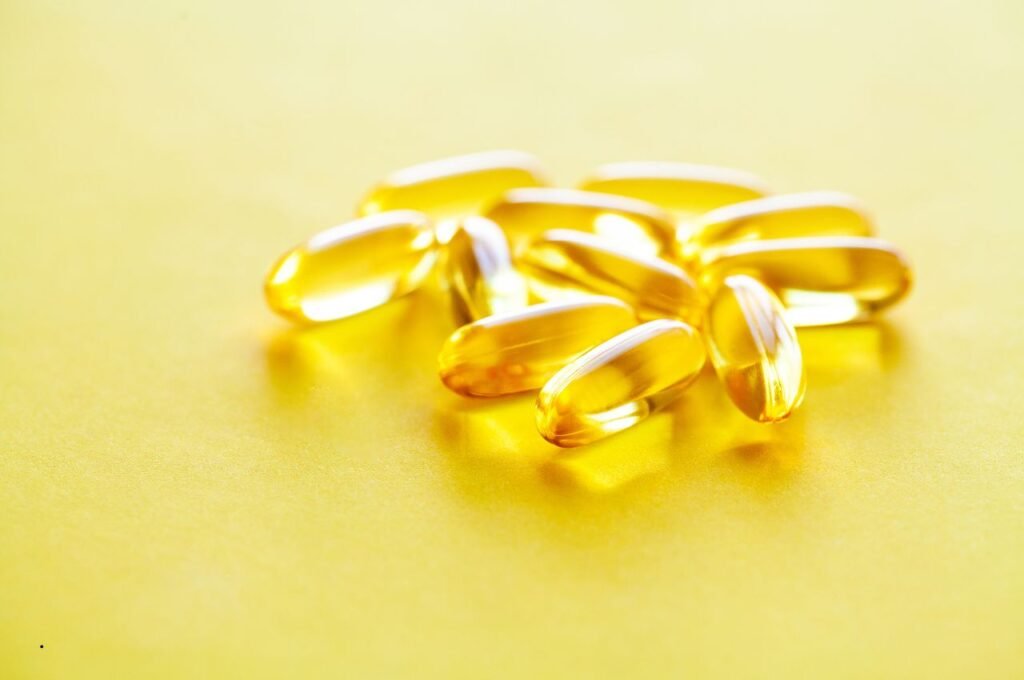Just like humans, horses require a balanced diet to thrive — and among the most powerful additions to their nutrition plan are Omega-3 fatty acids. These essential fats, primarily sourced from flaxseed, fish oil, and algae, offer a wide range of benefits for your horse’s health, from coat condition to joint support.
In this article, we’ll break down the 5 key health benefits of Omega-3 horse supplements, helping you understand why they’re increasingly recommended by veterinarians, equine nutritionists, and seasoned riders alike.
What Are Omega-3 Fatty Acids?
Omega-3 fatty acids are polyunsaturated fats that horses cannot produce on their own. They must be provided through diet or supplements. The three main types of Omega-3s are:
- ALA (Alpha-linolenic acid) – Found in flaxseed and chia.
- EPA (Eicosapentaenoic acid) – Found in marine oils.
- DHA (Docosahexaenoic acid) – Also found in marine sources like fish and algae.
The balance between Omega-3 and Omega-6 fatty acids is crucial. Most commercial horse feeds are higher in Omega-6s, which promote inflammation when unbalanced. Supplementing with Omega-3s can restore this balance and support overall wellness.
1. Supports Joint Health & Reduces Inflammation
Whether your horse is an aging retiree or an active athlete, joint inflammation can become a major concern. Omega-3s, especially EPA and DHA, have been shown to:
- Decrease inflammatory responses in the joints.
- Improve flexibility and reduce stiffness.
- Help manage conditions like arthritis or degenerative joint disease.
For performance horses, Omega-3 supplements may aid in quicker recovery and enhanced mobility during training and competition.
2. Boosts Immune System Function
Horses encounter immune stress from various sources — travel, shows, environmental changes, or even new pasture companions. Omega-3 fatty acids:
- Enhance immune cell response.
- Regulate cytokine production, which controls inflammation and immunity.
- May reduce allergic reactions or hypersensitivity in some horses.
By strengthening the immune system, Omega-3s help your horse resist illness and recover faster when under stress.
3. Improves Skin & Coat Condition
A shiny coat and healthy skin are often signs of a well-balanced diet. Omega-3 supplements are widely known for:
- Reducing dry, itchy skin and dandruff.
- Soothing seasonal allergies that affect the skin.
- Enhancing coat glossiness and texture.
Flaxseed oil is especially popular among horse owners for coat improvement, and results can often be seen within a few weeks of consistent supplementation.
4. Enhances Cardiovascular & Respiratory Health
Omega-3s contribute to a healthier heart and lungs, particularly important for racehorses, endurance athletes, or those living in dusty environments. Research suggests:
- Omega-3s improve blood flow and reduce clotting risks.
- They help reduce airway inflammation, supporting horses with respiratory challenges like heaves (RAO).
For horses in high-stress, high-performance environments, this can translate to better stamina and breathing efficiency.
5. Promotes Digestive Health & Gut Integrity
A healthy digestive tract is vital for nutrient absorption and energy. Omega-3s have a stabilizing effect on gut microbiota and may:
- Help reduce gastric inflammation and ulcers.
- Improve nutrient absorption efficiency.
- Support horses during dietary transitions or periods of stress.
Some Omega-3 sources, like chia seeds, also contain mucilage, which may offer a mild, natural soothing effect on the digestive tract.
Choosing the Right Omega-3 Supplement
Not all supplements are created equal. When selecting an Omega-3 product for your horse, consider:
- Source: Flaxseed and chia are plant-based and rich in ALA. Fish and algae oils provide EPA and DHA — more potent anti-inflammatories.
- Purity: Choose supplements tested for heavy metals and contaminants, especially when derived from fish oil.
- Stability: Look for products with natural antioxidants (like vitamin E) to prevent oxidation.
- Palatability: Some horses may prefer certain forms (powder vs. oil), so trialing may be necessary.
Final Thoughts
Omega-3 supplements can be a game changer for your horse’s health, providing support from the inside out — joints, skin, heart, gut, and immune system all benefit from these essential fats. While not a cure-all, they are a smart addition to most equine diets, especially for horses facing stress, aging, or performance demands.







